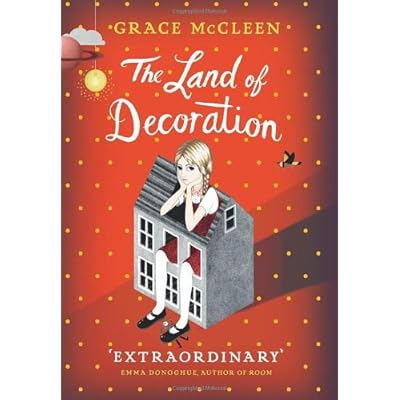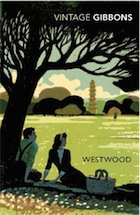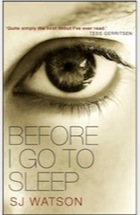There's a longer gap than usual between book group meetings over the summer, so tradition has it that we pick two books rather than the usual one for those lucky members who will be basking by pools in sunnier climes.
First choice is Rose Tremain's collection of short stories
The Darkness of Wallis Simpson. I'm new to Tremain's short fiction, but I did enjoy
The Road Home. The title story imagines the last days of Wallis Simpson, imprisoned by her lawyer in her Paris flat. Already I'm intrigued and think that the book might be worth it for this one alone.
Second on the list is
Mrs Palfrey at the Claremont by Elizabeth Taylor. I've heard great things about this book, both on
dovegreyreader's blog and on Radio 4's
Bookclub. David Baddiel certainly spoke with enthusiasm, describing Taylor as 'the missing link between Jane Austen and John Updike'.

Due to end of term celebrations and summer school commitments, I couldn't join the Lancashire Ladies for their last book group meet. I was disappointed to miss the discussion not only on last month's choice,
The Song of Achilles, but also on an unexpected third nomination for summer reading, E.L. James'
Fifty Shades of Grey. I gather that this suggestion caused great debate, not least from J who refuses to read it on the grounds of not wanting to jump on the bandwagon. I can understand where she's coming from. I too am stubborn enough to refuse to watch, read or listen to something when it becomes too popular. Being at the cutting edge, when you can find it, is very good indeed, but come to something too late and you risk feeling like a sheep.
However I must admit to having downloaded the first two chapters 'for research purposes'. The book does seem to break all the rules of creative writing courses, but then, with 31 million copies sold worldwide, who am I to criticise? In chapter two the handsome, enigmatic Christian Grey comes into the hardware store where young college graduate Anastasia Steele is working:
"Some rope, I think." His voice mirrors mine, husky.
"This way." I duck my head down to hide my recurring blush and head for the aisle.
"What sort were you after? We have synthetic and natural filament rope...twine...cable cord..." I halt at his expression, his eyes darkening. Holy cow.
"I'll take five yards of the natural filament rope, please."
Quickly, with trembling fingers, I measure out five yards against the fixed ruler, aware that his hot gray gaze is on me. I dare not look at him. Jeez, could I feel any more self-conscious? Taking my Stanley knife from the back pocket of my jeans, I cut it then coil it neatly before tying it in a slipknot. By some miracle, I manage not to remove a finger with my knife.
"Were you a Girl Scout?" he asks, sculptured, sensual lips curled in amusement. Don't look at his mouth!
"Organised, group activities aren't really my thing, Mr. Grey."
He arches a brow.
"What is your thing, Anastasia?" he asks, his voice soft and his secret smile is back. I gaze at him unable to express myself. I'm on shifting tectonic plates. Try and be cool, Ana, my tortured subconscious begs on bended knee.
With the masking tape and cable ties Christian has already selected, I can't help fearing the worst.











